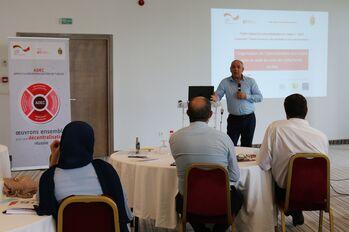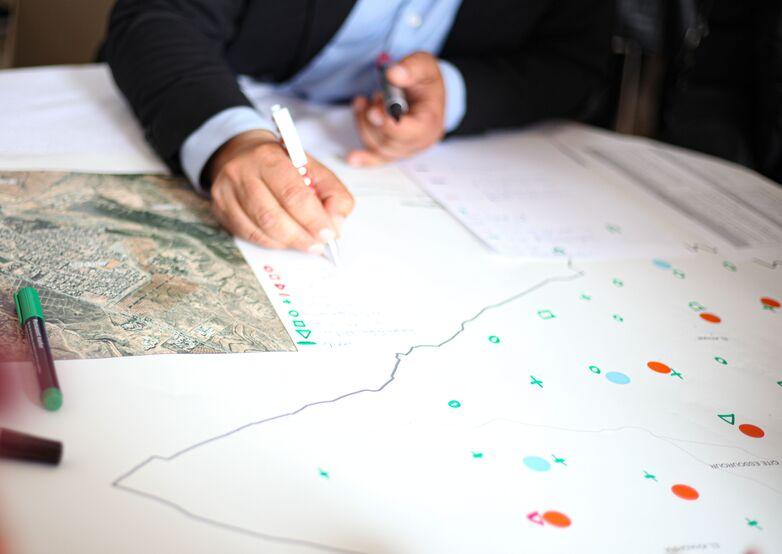Context
The Tunisian Constitution of 2014 provides for the decentralisation of the country. This incorporates the restructuring of Tunisian administration. Important steps towards less centralised governance and more citizen-centric administration were the adoption of the Law on Local Governance (Code des Collectivités Locales, CCL), the 2018 municipal elections and the introduction of municipalities and regions as public corporations.
Objective
Regions and municipalities have the skills and resources to make decisions on public affairs as citizen-centric as possible.
Approach
The project strengthens decentralisation and local administrative autonomy in Tunisia through the following measures:
It supports various ministries in developing a regulatory and institutional framework for decentralisation and deconcentration and assists a number of pilot municipalities in their internal restructuring.
The project promotes new, participatory methods of territorial planning. For these purposes, it supports municipalities and regions in developing shared visions with their citizens, civil society, the private sector and academia. It also fosters local development projects, encourages inter-community exchanges, and reinforces COVID-19 pandemic mitigation.
Moreover, officials and elected representatives receive training on various topics of decentralisation and local administrative autonomy.
In addition, the project cooperates with municipalities and representatives of relevant institutions to improve local revenues and municipal budget management.
Last updated: May 2022

